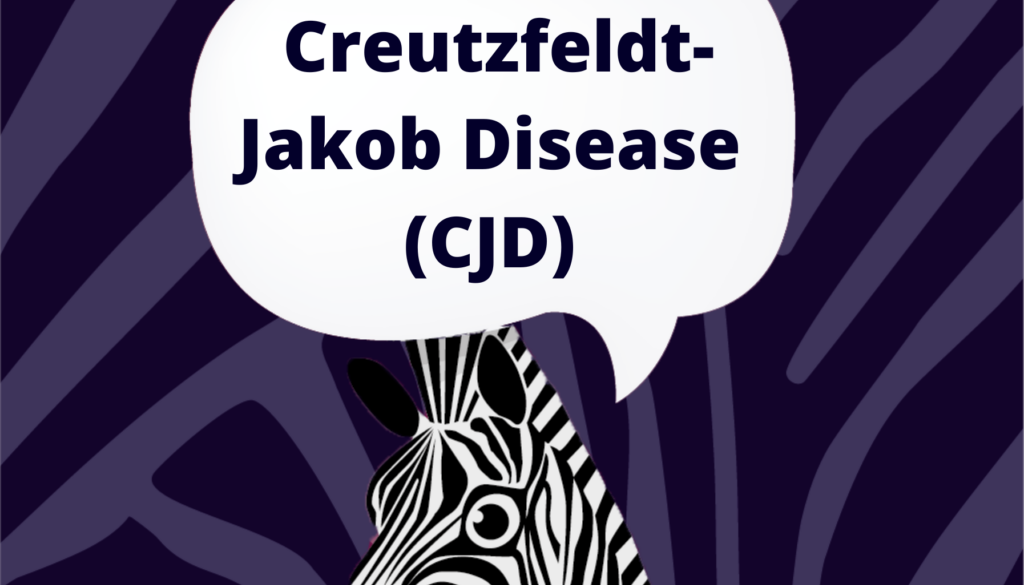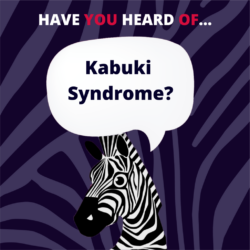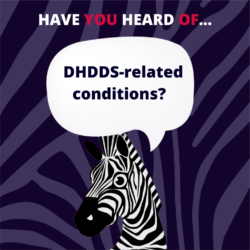Have YOU heard of Creutzfeldt-Jakob Disease (CJD) ?
This week, Mystery Monday focussed on Creutzfeldt-Jakob Disease (CJD) and prion disease with thanks to The CJD Support Network UK for the fantastic resources.
Creutzfeldt-Jakob Disease (CJD) is an exceedingly rare and fatal neurodegenerative disorder that falls under the broader category of prion diseases. Prion diseases are characterized by the abnormal folding of normal cellular proteins called prions, leading to a chain reaction where these misfolded proteins induce other normally folded proteins to misfold as well. In CJD, this process primarily affects the brain and leads to the rapid and severe deterioration of cognitive and motor functions. The disease typically presents with symptoms such as rapidly progressing dementia, muscle stiffness, twitching, and involuntary movements, making it one of the most devastating neurodegenerative diseases known to science.
CJD can be classified into different subtypes, with the sporadic form being the most common and idiopathic, meaning its cause is unknown. However, there are also inherited forms of CJD, caused by genetic mutations, and acquired forms, which can result from exposure to contaminated medical equipment or consumption of infected tissues. Unfortunately, there is currently no cure for CJD, and treatment options are limited to alleviating symptoms and providing supportive care. Due to its rapid progression, CJD is typically fatal within a year of onset, making early diagnosis and research into potential treatments critical for those affected by this devastating condition.
The study of CJD and prion diseases has profound implications for our understanding of neurodegenerative disorders as a whole. Prions challenge the conventional wisdom of infectious diseases by being entirely composed of misfolded proteins without any DNA or RNA. This unique aspect makes prion diseases a fascinating subject of research for scientists aiming to unlock the mysteries of protein misfolding and its role in conditions like Alzheimer’s and Parkinson’s disease. Furthermore, CJD has sparked concerns related to food safety, organ transplantation, and medical sterilization procedures, as prions are highly resistant to conventional methods of decontamination. As such, prion diseases serve as a stark reminder of the intricate and often enigmatic nature of neurodegenerative conditions and the ongoing need for research to combat these devastating diseases.
Where can I find out more?
For more information and up to date research, head on over www.cjdsupport.co.uk and if you missed this week’s Mystery Monday feature, be sure to check out our Instagram highlights.




